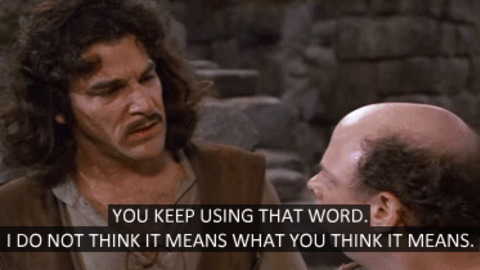- Reaction score
- 11,941
- Points
- 1,360
Bruce Monkhouse said:All I can say is 'thank f#$@" some folks didn't just think 'criminal record' and write me off back in 1978 and 1989. I think I did very right by both the CAF and Ontario Corrections. I guess today the computer scanner would just read that and move my application to the delete side.......
Bruce, I think you hit the nail on the head here.
A lot of people can forget that a criminal record can mean a lot of things. When people think "criminal" they often think of the worst cases.
Whereas many people have criminal records for a variety of things like getting in a bar fight when your 20 or getting charged with assault or getting a DUI.
These things should not automatically disqualify someone from service in the police force or the military in particular. Nor should people be continuously punished for a mistake they made long ago.
Police don't deal with angels and having a bit of an umpolished history is probably advantageous in a lot of ways.




